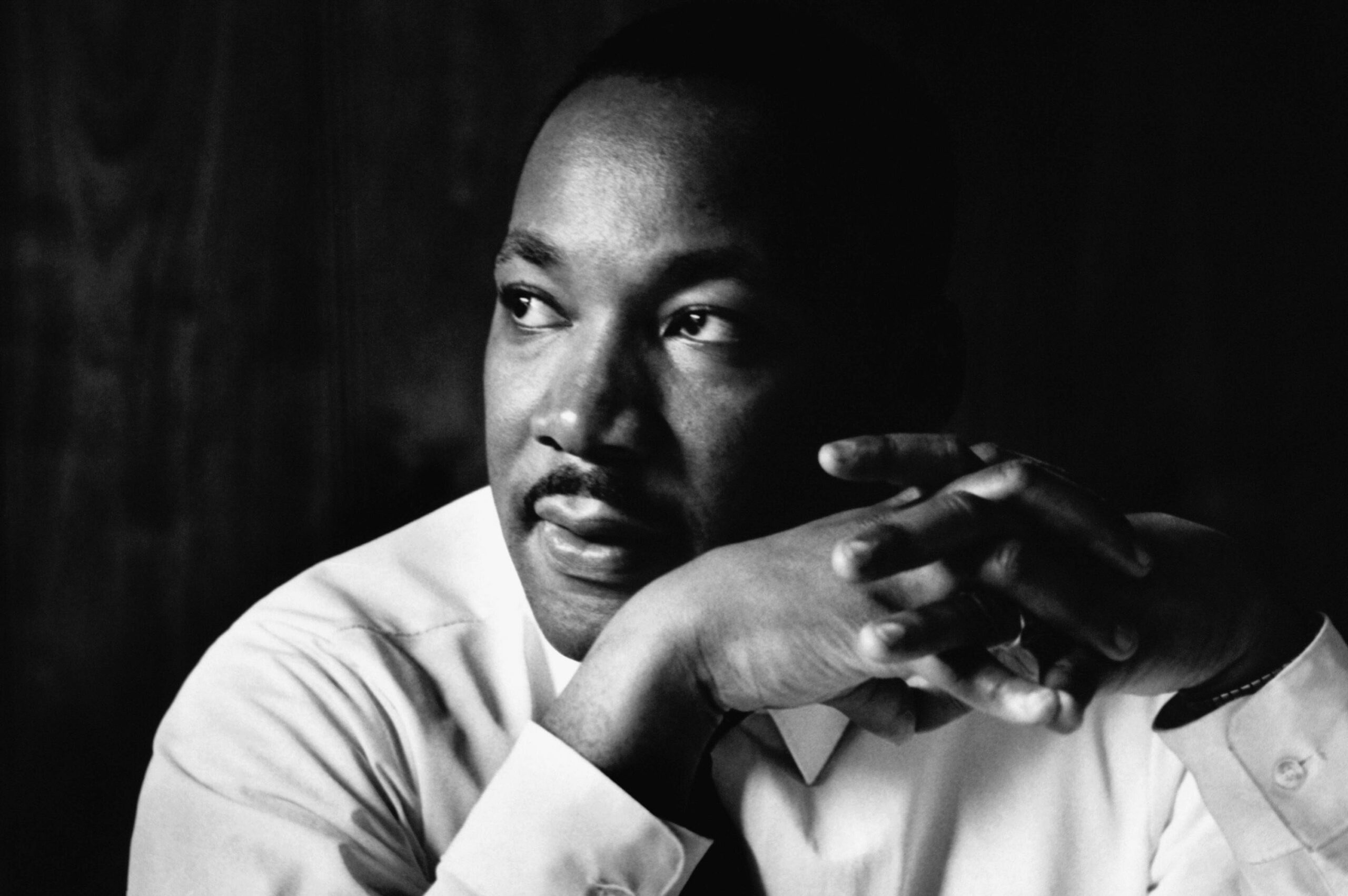
By Melissa Aase, CEO, University Settlement
Today we celebrate the life and legacy of Dr. Martin Luther King, Jr., an American hero whose life was cut tragically short by racist violence, and whose legacy he himself regarded as incomplete.
While he’s rightfully acclaimed for the vital ways he and his fellow leaders in the civil rights movement succeeded in pushing the United States toward equality, throughout his life Dr. King was haunted by the progress he failed to achieve.
Dr. King’s radicalism is often reduced to a limited set of aphorisms palatable to the mainstream. But we think it’s important to remember him in all his challenging complexity, particularly at this moment, in the midst of a significant backlash against racial equity and ideals of inclusion.
In this excerpt from his “Shattered Dreams” sermon, he reflects on the sad inevitability of disappointment for those who dream of freedom, justice, and equality – and contemplates how the scorched earth of defeat can become soil ripe for future progress:
What does one do under such circumstances? This is a central question, for we must determine how to live in a world where our highest hopes are not fulfilled.
It is quite possible for one to seek to deal with this problem by distilling all his frustrations into a core of bitterness and resentment of spirit. The persons who follow this path develop a hardness of attitude and a coldness of heart. They develop a bitter hatred for life itself. In fact, hate becomes the dominant force in their lives…The terrible thing about this approach is that it poisons the soul and scars the personality. It does more harm to the person who harbors it than to anyone else… There can be no doubt that resentment is a harmful reaction to disappointment and capable of setting up actual physical illness.
Another possible reaction to the experience of blasted hopes is for the individuals to withdraw completely into themselves. They become absolute introverts. They allow no one to come into their lives and they refuse to go out to others. Such persons give up in the struggle of life. They lose the zest for living. They attempt to escape the disappointments of life by lifting their minds to a transcendent realm of cold indifference. Detachment is the word that may describe them. They are too unconcerned to love and they are too passionless to hate… One can very easily see the danger of this reaction…
What, then, is the answer? We must accept our unwanted and unfortunate circumstance and yet cling to a radiant hope. The answer lies in developing the capacity to accept the finite disappointment and yet cling to the infinite hope. In speaking of acceptance, I do not mean the grim, bitter acceptance of those who are fatalistic. I mean the kind of acceptance that Jeremiah achieved as expressed in the words, ‘this is my grief and I must bear it.’
This means sitting down and honestly confronting your shattered dream. Don’t follow the escapist method of trying ‘to put it out of your mind.’ This will lead to repression which is always psychologically injurious. Place it at the forefront of your mind and stare daringly at it. Then ask yourself, ‘how can I transform this liability into an asset?’

